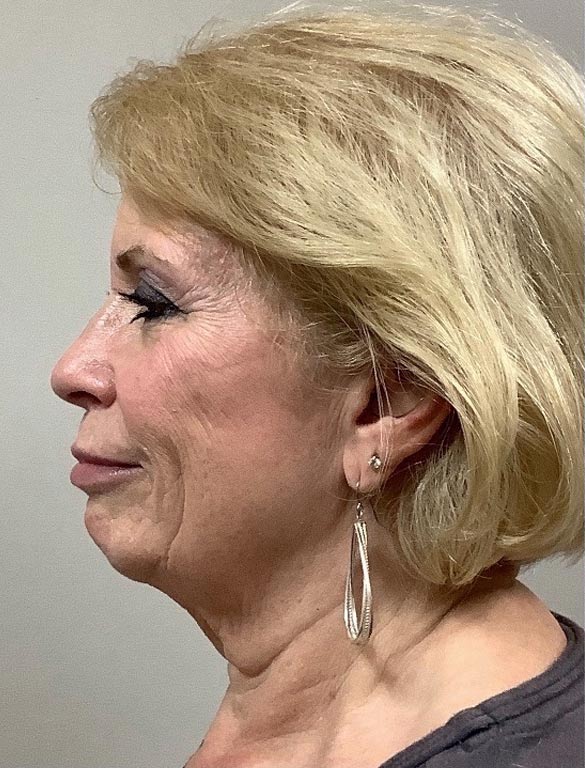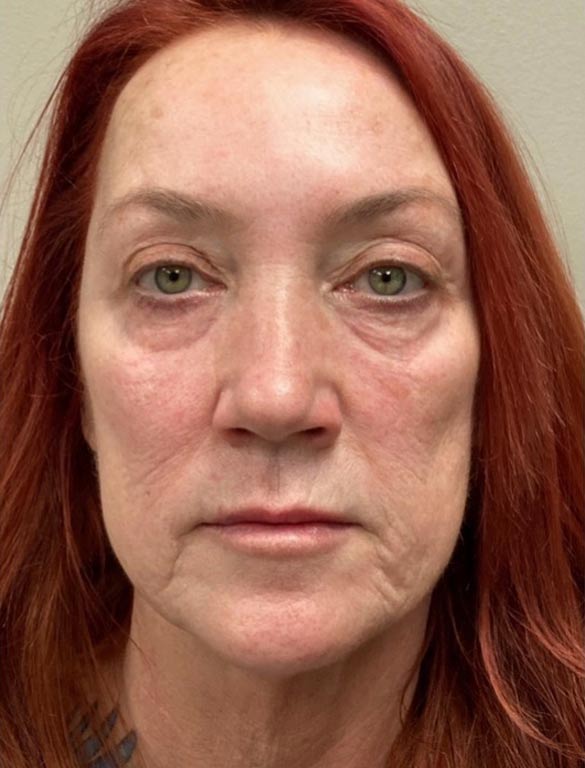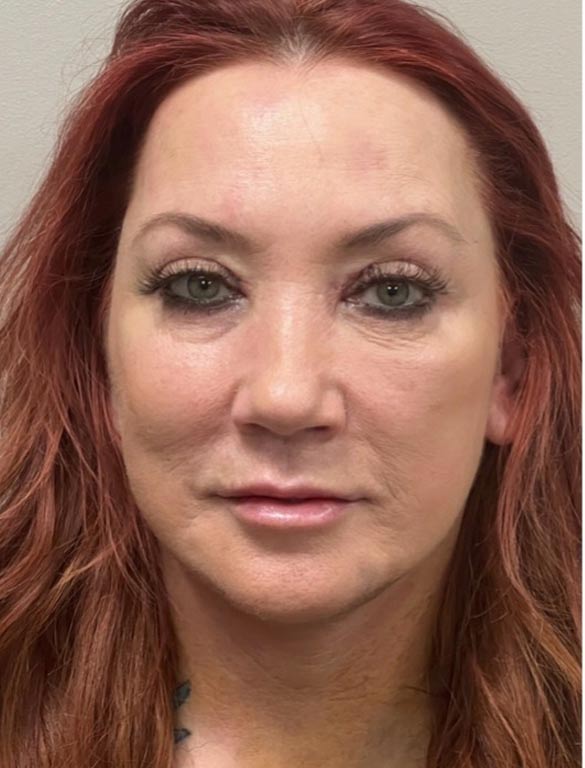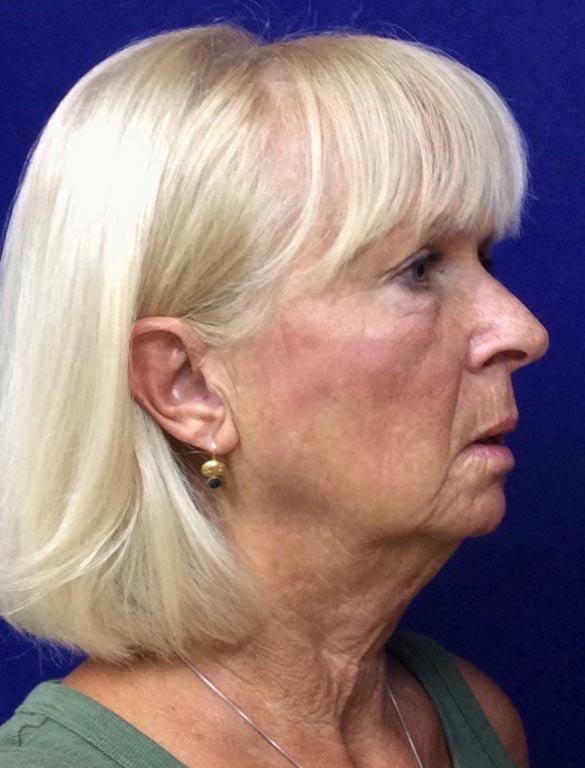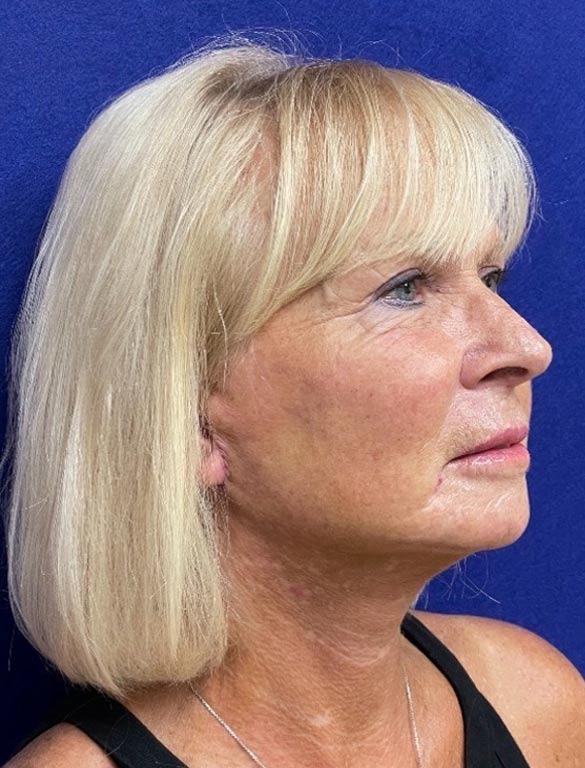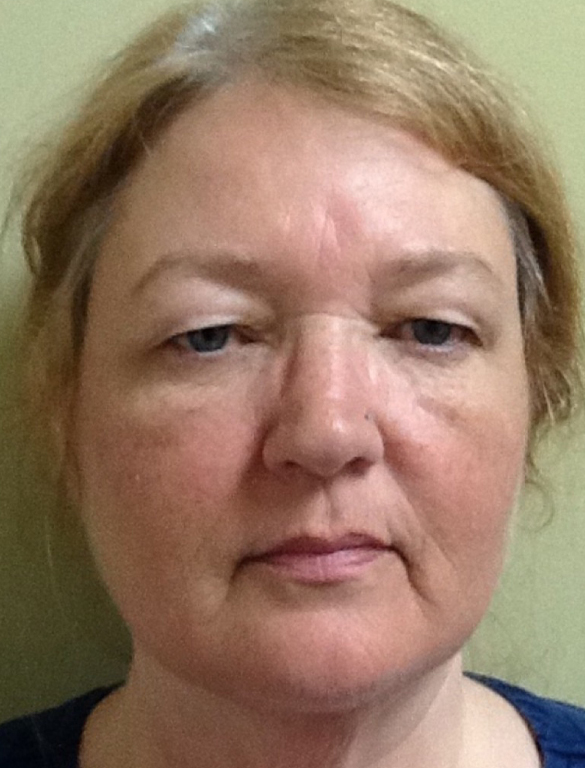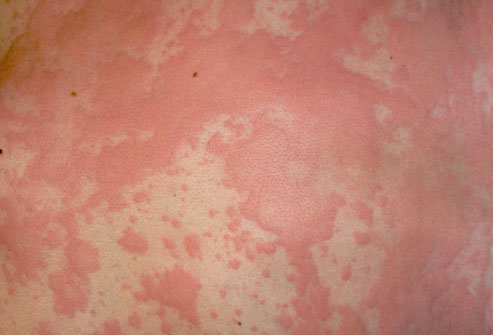A rash is a patch of inflamed skin, or a group of red spots on the skin that is often irritating and itchy. A rash is more than likely a symptom of another disorder or condition. Some rashes are symptoms of more serious illnesses and conditions, but more often than not, a rash isn’t serious in nature. Either way, they can be unpleasant to look at and uncomfortable to deal with.
Traits of Rashes
Rashes may occur on one specific area of the skin or they may cover a good portion of the entire body. Most rashes contain one or more of the following traits:
- Flat, macular spots
- Blistering, raised collections just beneath the outer layer of skin containing fluid
- Pus-containing blisters
- Small, firm round masses of skin
- A series of flat spots
Causes of Rashes
A rash may be the symptom of any number of disorders or conditions. Some rashes may be the symptom of an infectious illness such as chickenpox, herpes, shingles, scarlet fever, measles, Lyme disease, scabies, or others.
Sometimes a rash is the result of sharing personal care items with someone else who has a rash or infection. Shared cosmetics, such as mascara, eyeliner or face powder, may spread a rash between users.
One of the most common reasons for developing a rash is due to an allergic reaction. Those who are allergic to certain types of plants, lotions, or other allergens may contact a “dermatitis” rash which is the name of a rash that develops due specifically to an allergic reaction.
A reaction to drugs may result in a rash as well. Typically a drug related rash will be accompanied with other symptoms such as seizures, nausea and diarrhea. A rash that is the result of an allergic reaction to a drug will typically appear soon after the first dose of medicine is taken.
Autoimmune disorders in which the body’s immune system attacks the body can often result in a rash. Cancer, specifically leukemia, is often accompanied with rashes as well.
Treating Rashes
Treating rashes may include efforts to erase the appearance of the rash, relieve the associated symptoms, or both. There are many natural, herbal options for treating rashes and soothing itchiness. Popular herbal treatments might include aloe, oatmeal, nettle, tea washes and more.

